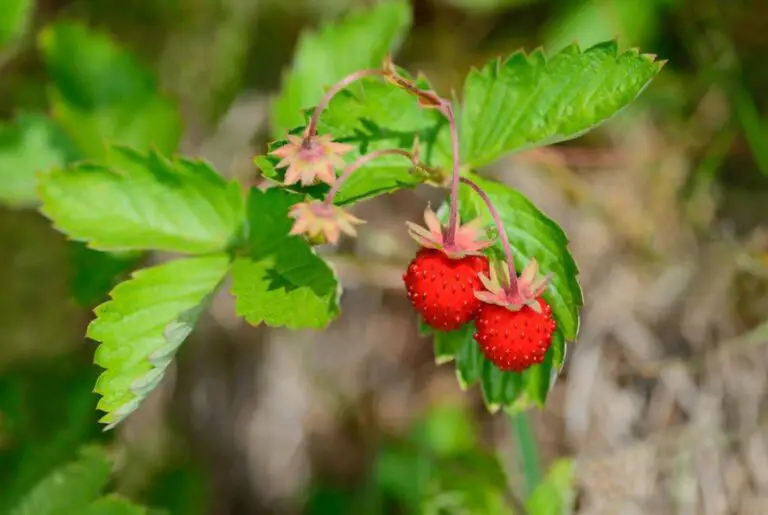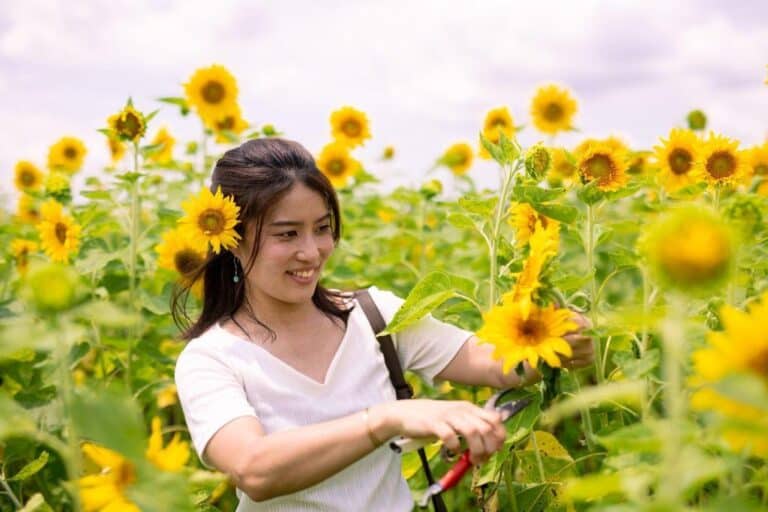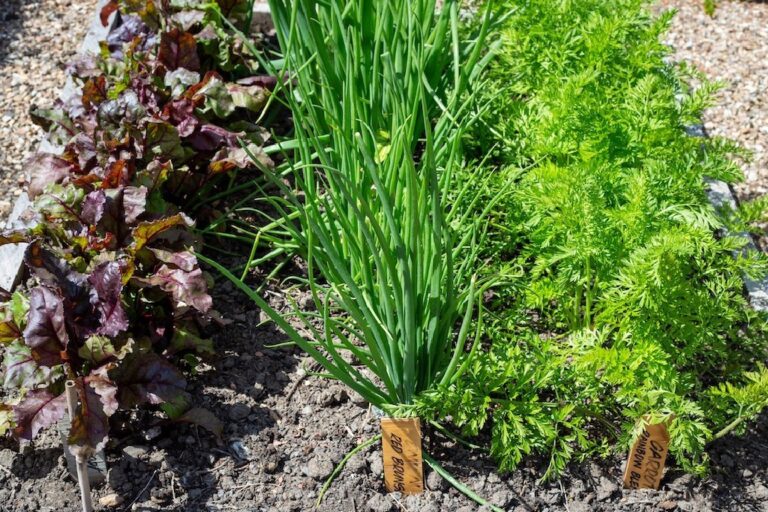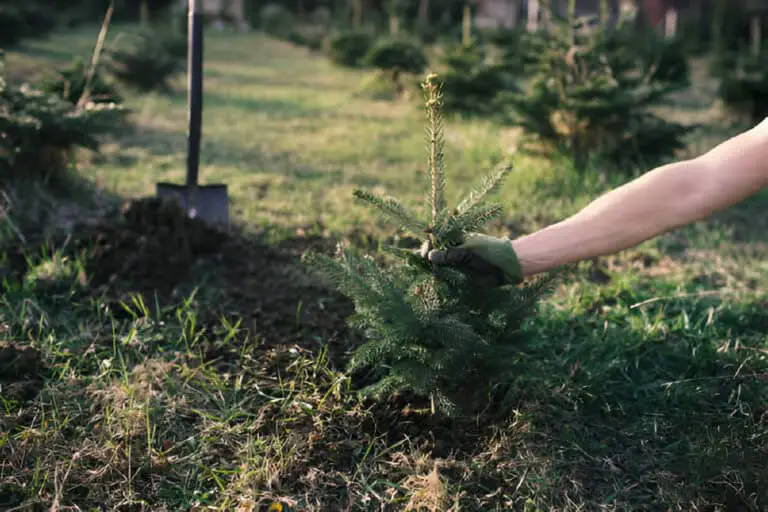Cultivator vs. Farmer: What Is the Difference?

In the world of agriculture, two key roles play a vital part in bringing food to our tables: cultivators and farmers. While these terms may seem similar, they encompass distinct responsibilities and practices.
In this article, we will delve into the differences between cultivators and farmers. We will explore their historical backgrounds, agricultural practices, and contributions to food production.
We will also discuss their economic and environmental impacts and industry challenges and prospects.
Definition of Cultivator and Farmer
Let’s begin by understanding the definition of cultivator. A cultivator is an individual or entity primarily engaged in the practice of cultivating crops or plants. Cultivators focus on the processes of preparing the soil, sowing seeds, and tending to the growth and maintenance of plants.
On the other hand, farmers encompass a broader range of activities. They oversee farming operations, which include cultivating crops, raising livestock, and managing agricultural land. Farmers’ role also includes organizing the overall production and distribution of agricultural products.
Cultivator: Nurturing the Soil
A cultivator is an individual who focuses on the early stages of crop production. Their primary responsibility is to prepare the soil for planting and ensure its optimal conditions for growth. Cultivators engage in activities such as plowing, tilling, and fertilizing the land. They work to create a fertile environment that maximizes crop yield.
Duties of a Cultivator:
- Soil Preparation: Cultivators dedicate their efforts to preparing the soil for planting. This involves breaking up the soil, removing weeds, and ensuring proper nutrient distribution.
- Crop Selection: Cultivators play a vital role in selecting suitable crops for specific soil types and climates. They consider factors such as moisture levels, sunlight requirements, and disease resistance to make informed choices.
- Pest and Weed Management: Cultivators are responsible for identifying and managing pests and weeds that can hinder crop growth. They employ various techniques, such as the use of natural pesticides and manual weed removal, to maintain a healthy crop.
- Irrigation: Ensuring adequate water supply is crucial for crop growth. Cultivators monitor soil moisture levels and implement irrigation systems to maintain optimal hydration for the plants.
Farmer: A Holistic Approach
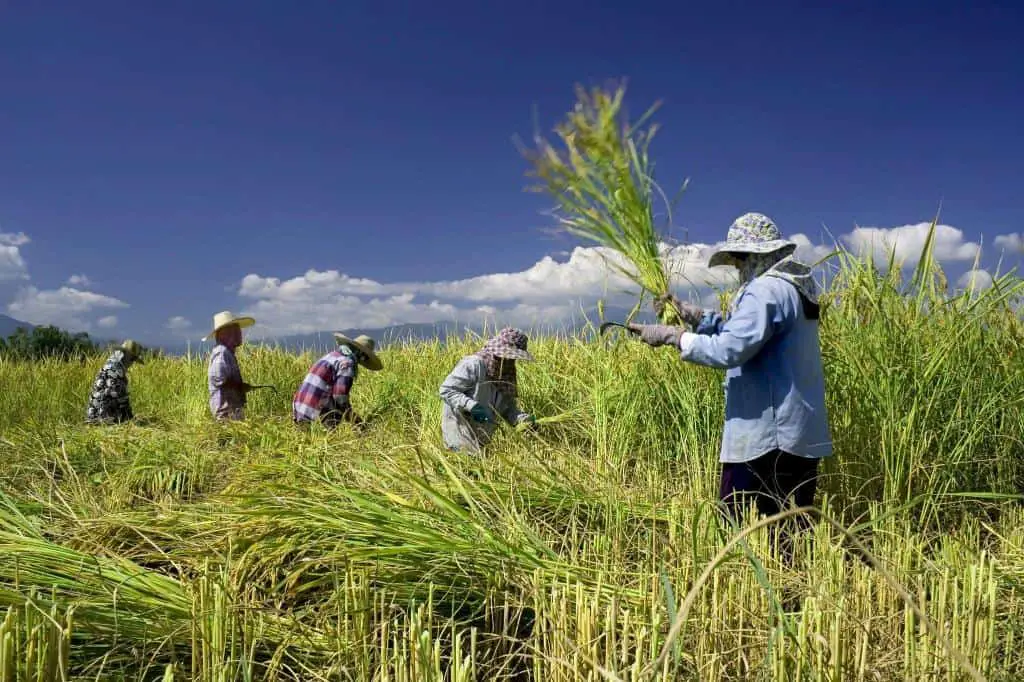
While cultivators focus on the initial stages of crop production, farmers take a more comprehensive approach to agriculture. A farmer oversees the entire farming operation. This includes managing cultivators, making strategic decisions, and handling the business aspects of farming.
Duties of a Farmer:
- Cultivator Management: Farmers supervise cultivators and provide guidance throughout the cultivation process. They ensure that cultivators adhere to farming practices and maintain high productivity levels.
- Strategic Planning: Farmers develop strategies for crop rotation, pest management, and soil fertility enhancement. They consider long-term sustainability and profitability when making these decisions.
- Equipment and Machinery: Farmers are responsible for acquiring, maintaining, and operating agricultural machinery. They ensure that the equipment is in optimal condition for efficient farming operations.
- Market Analysis and Sales: Farmers analyze market trends, determine crop prices, and negotiate sales contracts. They establish relationships with buyers and ensure the timely delivery of crops to the market.
Similarities and Interdependencies
While there are differences between a cultivator and a farmer, it’s important to note that they share a symbiotic relationship. Cultivators rely on farmers for guidance, resources, and a market for their crops. Farmers, on the other hand, depend on cultivators for their expertise in soil preparation and crop cultivation.
Both cultivators and farmers are essential components of the agricultural industry. Their combined efforts contribute to the production of high-quality crops that meet the demands of consumers worldwide. Without cultivators nurturing the soil and farmers managing the entire process, our food supply would be affected.
Agricultural Practices
Cultivators employ specific agricultural practices to nurture crops and plants. They utilize various techniques, tools, and methods to ensure optimal growth and yield. These practices include plowing, tilling, planting seeds or seedlings, watering, fertilizing, and pest and disease management.
Cultivators often specialize in specific crops, such as fruits, vegetables, grains, or ornamental plants. They employ methods tailored to the particular requirements of their chosen crops.
Farming operations, on the other hand, involve a broader scope of activities. Farmers manage agricultural land and perform many tasks related to crop cultivation, livestock raising, and land maintenance. Their operations may include activities such as soil testing, crop rotation, irrigation management, animal husbandry, equipment maintenance, and marketing agricultural products.
Farmers utilize a range of machinery and equipment, including tractors, harvesters, irrigation systems, and livestock management tools, to carry out their operations effectively.
Role in Food Production
Both cultivators and farmers contribute significantly to food production. Cultivators, with their specialized knowledge and practices, focus on growing crops and plants efficiently. They contribute to the availability of a wide range of fresh produce, including fruits, vegetables, grains, and herbs.
Farmers, on the other hand, play a more comprehensive role in food production. Farmers produce crops, dairy products, meat, poultry, and other animal-based foods by managing agricultural land and raising livestock.
Together, cultivators and farmers ensure a diverse and abundant food supply to meet the needs of our growing population.
Economic Aspects
From an economic perspective, both cultivation and farming have significant implications. Cultivators often operate on smaller scales and may focus on niche markets or specialty crops. Their economic considerations revolve around factors such as market demand, pricing, production costs, and profitability. Cultivators must analyze market trends and consumer preferences to choose crops and optimize production.
Farmers, due to their broader scope of operations, face additional economic factors to consider. They must manage more land, invest in machinery and equipment, and use more complex marketing and distribution strategies. Farmers need to navigate market dynamics, including fluctuating commodity prices, input costs, and the challenges of negotiating contracts with buyers. The economic success of farmers depends on their ability to optimize production efficiency, minimize costs, and effectively market their products.
Environmental Impacts
The practices of cultivators and farmers have significant environmental impacts. Sustainable cultivation and farming practices are essential to minimize negative effects on the environment and promote long-term ecological balance.
Cultivators use environmentally friendly methods like organic farming, integrated pest management, water conservation, and soil erosion prevention. Cultivators use these methods to conserve biodiversity, natural resources, and harmful chemicals.
Farmers also have a responsibility to employ sustainable practices. They must efficiently manage land and water resources, conserve soil, and manage livestock. Farmers also reduce greenhouse gas emissions through carbon sequestration and climate-smart agriculture.
Farmers preserve ecosystems, reduce environmental degradation, and protect natural habitats by incorporating sustainability into their operations.
Modern Challenges and Future Perspectives
In the modern farming era, cultivators and farmers face numerous challenges. Factors such as climate change, water scarcity, pest and disease outbreaks, labor shortages, and market fluctuations pose significant obstacles to their operations.
Additionally, rapid technological advancements present both opportunities and challenges. Cultivators and farmers need to adapt to emerging technologies, such as precision agriculture, automation, and data-driven farming, to enhance productivity and efficiency.
Looking ahead, the future of cultivation and farming holds promise. Vertical farming, hydroponics, and sustainable farming can boost food production while reducing environmental impact. Digital technologies, AI, and machine learning in agriculture could revolutionize resource management, crop yields, and farming efficiency.
Can Someone Be Both a Cultivator and a Farmer?
The roles of cultivator and farmer may seem distinct, but in certain contexts, it is indeed possible for an individual to fulfill both roles. The division of labor between cultivators and farmers is more apparent in larger-scale farming operations. But smaller-scale farmers often find themselves engaging in both aspects of the agricultural process.
Let’s explore scenarios where individuals can embrace the roles of both cultivator and farmer.
In small-scale farming or family-owned farms, where the operation is relatively modest in size, the farmer often takes on the responsibilities of both cultivating the land and overseeing the overall farming operation.
Picture a picturesque countryside farm where a dedicated farmer tills the soil, sows the seeds, and carefully nurtures the crops to fruition. They are intimately involved in every step of the cultivation process, from preparing the soil to managing irrigation, pest control, and harvesting.
By assuming both the roles of cultivator and farmer, these individuals become intimately connected to the land, fully aware of its unique characteristics and intricacies.
They have a deep understanding of the soil’s composition, its moisture levels, and the specific requirements of the crops they cultivate. This intimate knowledge allows them to make informed decisions regarding crop selection, fertilization, and the implementation of sustainable agricultural practices.
The combination of roles as a cultivator and farmer enables these individuals to have a comprehensive perspective on the agricultural operation. They possess firsthand knowledge of the challenges and triumphs of cultivation. In addition to a broader understanding of the market trends, sales negotiations, and business aspects of farming.
This holistic approach allows them to adapt and make informed decisions that maximize both the productivity and profitability of their farms.
Furthermore, being both a cultivator and a farmer fosters a strong connection to the land and a deep sense of stewardship. These individuals have a profound appreciation for the labor and dedication required to bring food from the soil to the table. They take pride in their ability to nurture the land and sustain their farming livelihoods while contributing to the local community’s food supply.
It is possible to be both a cultivator and a farmer, but larger-scale farming operations divide labor more clearly. As farms grow in size and complexity, additional cultivators may be employed to handle the intensive cultivation tasks. Doing so will allow farmers to focus more on strategic planning, equipment management, and market analysis.


